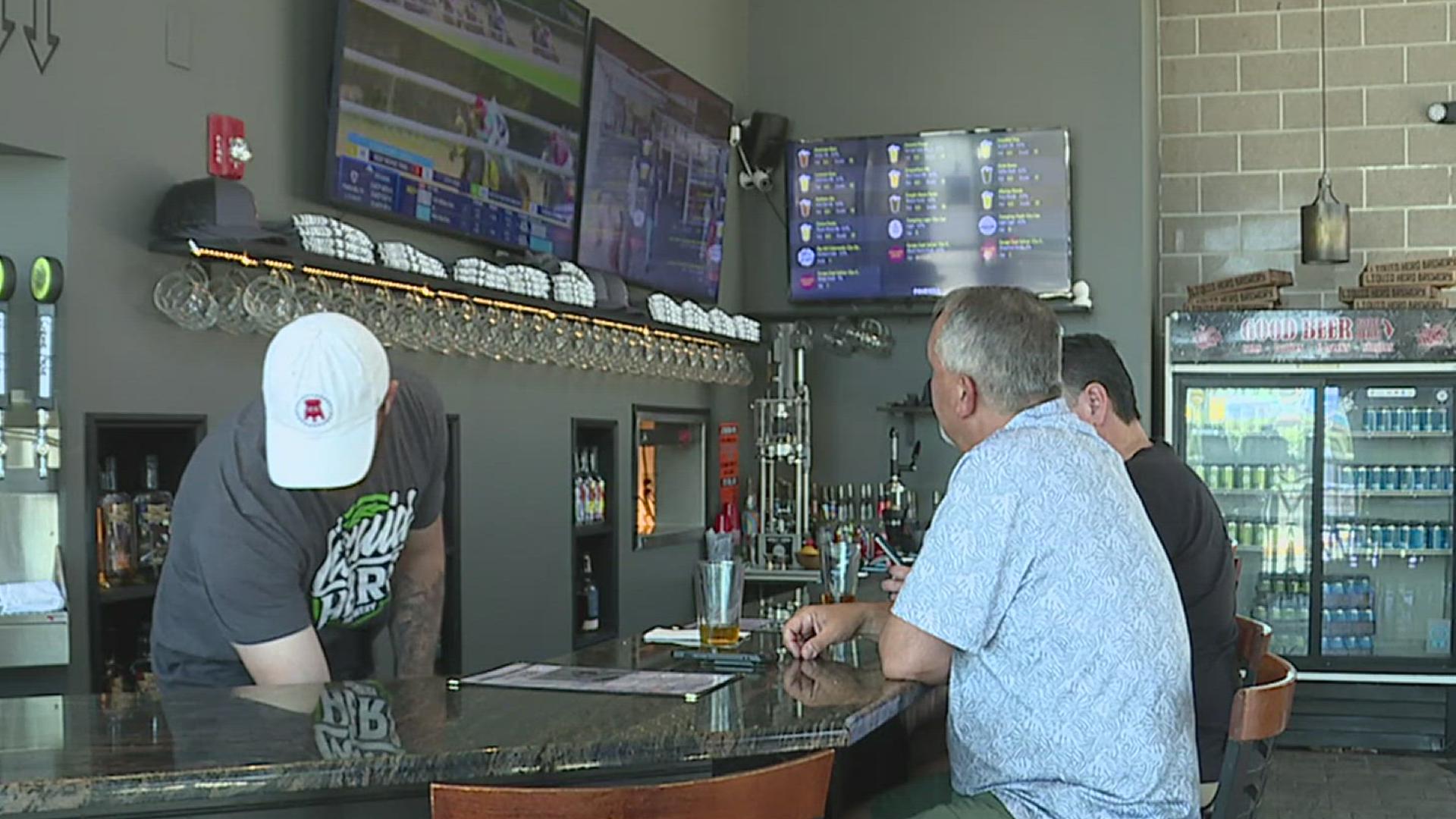YORK, Pa. — For customers, happy hour is the key to saving money at a local bar.
For Christian Quinlivan, happy hour is the key to Liquid Hero Brewery’s bottom line.
“Happy hour is always great, it’s good for the people downtown, they can come down after work, grab a quick beer, grab a quick bite, so extending those would be awesome,” Quinlivan said.
Businesses like Quinlivan’s can offer happy hour up to a total of 14 hours a week under the current Pennsylvania liquor code.
However, lawmakers like State Representative Dan Deasy are seeking to change that.
“We’ve taken a lot of input from stakeholders to try and find little victories to help them succeed in their business,” Deasy said.
Deasy is a sponsor of Pennsylvania House Bill 829. The Democrat represents Allegheny County and is chair of the liquor control committee.
House Bill 829 would increase happy hour by 10 hours per week if passed into law.
The bill was efforted by the Pennsylvania Licensed Beverage and Tavern Association.
In a statement posted online, executive director Chuck Moran wrote the following:
At the start of this legislative session, the Board of Directors at the Pennsylvania Licensed Beverage and Tavern Association set a goal to address older regulations that limited opportunities for the state’s bars, taverns, and licensed restaurants to creatively market their businesses.
“I mean, think about the word itself, ‘happy hour,’ people come in here and they’re happy, so if you can make them happier for a longer time period, then why not,” Quinlivan said.
The bill would also allow businesses to include adult drinks with combo meals as well as make outdoor dining permanent for places that offer it.
Quinlivan says the bill wouldn’t just benefit his business, but the people it serves.
“I think it helps the peoples bottom line, they can get a little bit of a discounted beer and just start the weekend, so it helps for people," he said.
The bill heads to the governor’s desk after passing through the Pennsylvania House and Senate with bipartisan support.
“There’s a lot of old laws that eventually everyone in legislation are trying to get it fixed up and cleaned up, make it more relevant, and make it make sense,” Quinlivan said.

